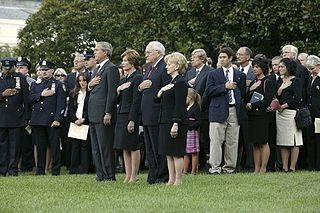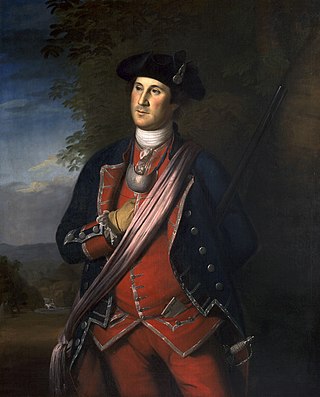The First Presidential National Day of Thanksgiving
In Congress, Elias Boudinot introduced a resolution to create a joint committee to "wait on the President of the United States, to request that he would recommend to the people a day of public prayer and thanksgiving,"
The resolution was opposed by Anti-Federalists, who opposed increased power of the central government. Chief among the opposition were Aedanus Burke, and Thomas Tudor Tucker. Burke was of the opinion that the holiday was too "European." He "did not like this mimicking of European customs, where they made a mere mockery of thanksgivings." Burke was referencing the fact that at thanksgivings, both sides of a war often sang Te Deum, a hymn of praise. He was objecting that both the winners and losers in a war gave thanksgiving. Tucker however, felt that the federal government did not have the power to propose a day of thanksgiving. He was of the opinion that "If a day of thanksgiving must take place, let it be done by the authority of the States." Tucker also worried about the separation of church and state, as in his opinion, proclaiming a day of thanksgiving was a religious matter. [14]
In the end, the resolution passed the House and the Senate, and a committee of Elias Boudinot, Roger Sherman, Peter Silvester, William Samuel Johnson, and Ralph Izard delivered the message to Washington on or before September 28, 1789. [14] President Washington noted that "both Houses of Congress have by their joint Committee requested [him] 'to recommend to the People of the United States a day of public thanksgiving and prayer.'" It was formally declared on November 26 to "be devoted by the People of these States to the service of that great and glorious Being, who is the beneficent Author of all the good that was, that is, or that will be." [15] President George Washington made this proclamation on October 3, 1789 in New York City. [16] [17]
On the day of thanksgiving, Washington attended services at St. Paul's Chapel in New York City, and donated beer and food to imprisoned debtors in the city. [18]
Text
Whereas it is the duty of all Nations to acknowledge the providence of Almighty God, to obey His will, to be grateful for His benefits, and humbly to implore His protection and favor, and whereas both Houses of Congress have by their joint Committee requested me "to recommend to the People of the United States a day of public thanksgiving and prayer to be observed by acknowledging with grateful hearts the many signal favors of Almighty God especially by affording them an opportunity peaceably to establish a form of government for their safety and happiness. Now therefore I do recommend and assign Thursday the 26th day of November next to be devoted by the People of these States to the service of that great and glorious Being, who is the beneficent Author of all the good that was, that is, or that will be. That we may then all unite in rendering unto Him our sincere and humble thanks, for His kind care and protection of the People of this Country previous to their becoming a Nation, for the signal and manifold mercies, and the favorable interpositions of His providence, which we experienced in the course and conclusion of the late war, for the great degree of tranquility, union, and plenty, which we have since enjoyed, for the peaceable and rational manner, in which we have been enabled to establish constitutions of government for our safety and happiness, and particularly the national one now lately instituted, for the civil and religious liberty with which we are blessed; and the means we have of acquiring and diffusing useful knowledge; and in general for all the great and various favors which He hath been pleased to confer upon us. And also that we may then unite in most humbly offering our prayers and supplications to the great Lord and Ruler of Nations and beseech Him to pardon our national and other transgressions, to enable us all, whether in public or private stations, to perform our several and relative duties properly and punctually, to render our national government a blessing to all the people, by constantly being a Government of wise, just, and constitutional laws, discreetly and faithfully executed and obeyed, to protect and guide all Sovereigns and Nations (especially such as have shown kindness unto us) and to bless them with good government, peace, and concord. To promote the knowledge and practice of true religion and virtue, and the increase of science among them and Us, and generally to grant unto all Mankind such a degree of temporal prosperity as He alone knows to be best. Given under my hand at the City of New York the third day of October in the year of our Lord 1789.












